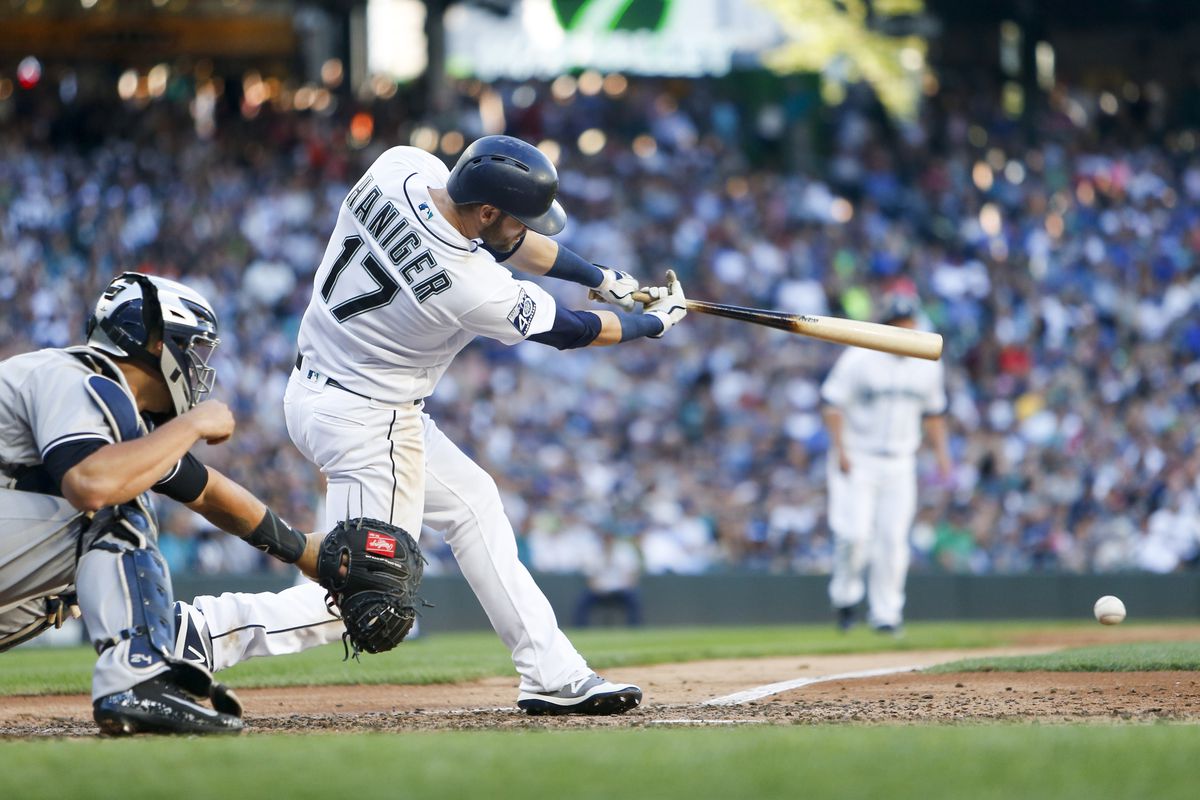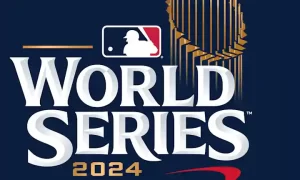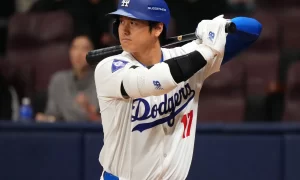Three Potential Red Flags for the Seattle Mariners

The Seattle Mariners have been one of the pleasant surprises of the 2018 MLB season so far.
On one hand, perhaps this shouldn’t be much of a shock, considering general manager Jerry Dipoto has been among the most active GMs in all of baseball over the last few years, bringing the likes of Dee Gordon, Jean Segura, and Mitch Haniger to the team, among others, and recently bolstering the team’s depths by trading for outfielder Denard Span and reliever Alex Colomé.
On the other hand, the M’s are without perhaps their top player in Robinson Cano, who is recovering from a fractured hand serving a suspension for performance-enhancing drugs. As such, they have been defying expectations, sitting atop the American League West or close to it since Cano went down amid some stiff competition within the division in the Houston Astros and the Los Angeles Angels.
At this writing, the Mariners hold a six-game lead over the Angels for the second Wild Card spot in the American League. Still, there are some points of concern for the Mariners as we barrel towards the All-Star Game.
Run differential
Seattle owns a +14 run differential. Of any of the teams currently positioned for a playoff berth, that’s easily the lowest, trailing the Houston Astros (+161), Boston Red Sox (+108), New York Yankees (+106), Cleveland Indians (+47), and even the Los Angeles Angels (+31), who, as noted, are behind the Mariners in the standings. It’s a decent mark, but one that suggests a streak of losses can negate the positive margin, if not swing it below zero.
Seattle’s modest differential is moderated by middling marks in offensive runs scored and runs allowed by defense/pitching. In terms of runs scored (325), they are almost exactly at the league average (323). In terms of runs allowed, the team’s ERA (3.95) sits a hair below 4.00. League average is 4.06. Again, not a far cry from mediocrity.
Close games
The Mariners won 22 one-run games over their first 70 games. That’s not just good—it’s an MLB record, and thanks in large part to the efforts of closer Edwin Diaz, who is having an All-Star-worthy season, managing 27 saves on the season to go with a 2.37 ERA and sterling 0.87 WHIP. With a K/9 rate that few relievers could surpass outside of Milwaukee’s phenom Josh Hader, and Dellin Betances and Aroldis Chapman of the New York Yankees, Diaz’s and Seattle’s late-game luck may well continue.
That said, one does wonder whether the team’s reliance on its relievers—Diaz in particular—may end up wearing down the bullpen over the course of the season. In terms of quality starts this year, Seattle is—you guessed it—just about league average. Among qualifying starters, James Paxton leads the charge with 10 quality starts (one of which, you’ll recall, was a no-hitter) and a 3.72 ERA, and Marco Gonzales has been serviceable. Mike Leake, meanwhile, is little more than a back-end starter, and Felix Hernandez, once the undisputed ace of the rotation, appears to be a shell of his former self. An injury to one or more key pitchers, and Seattle could be in quite a spot of bother coming down the stretch.
Remaining schedule
The Mariners have held their own against the AL East (10-7), dominated the AL Central (18-8), and have come out ahead so far in the AL West (17-13). There’s still a little more than half of the regular season left, however, with a majority of games left against Houston—against whom they are 2-4—still to play, and 13 more games against the Angels, too. With a combined 6-6 record against these division rivals, it’s anyone’s guess as to how the rest of their divisional matchups will shake out.
Leading up to the All-Star break, Seattle should, in theory, be able to feast on matchups against cellar dwellers like Baltimore and Kansas City. But they just got swept by the Yankees, and will have to face the Red Sox, as well as two series apiece against the Angels and the Colorado Rockies. It’s one thing to thrive against the Detroit Tigers and Tampa Bay Rays. It’s quite another to try to hang with the league’s best and most potent offenses.
-Joseph Mangano
















